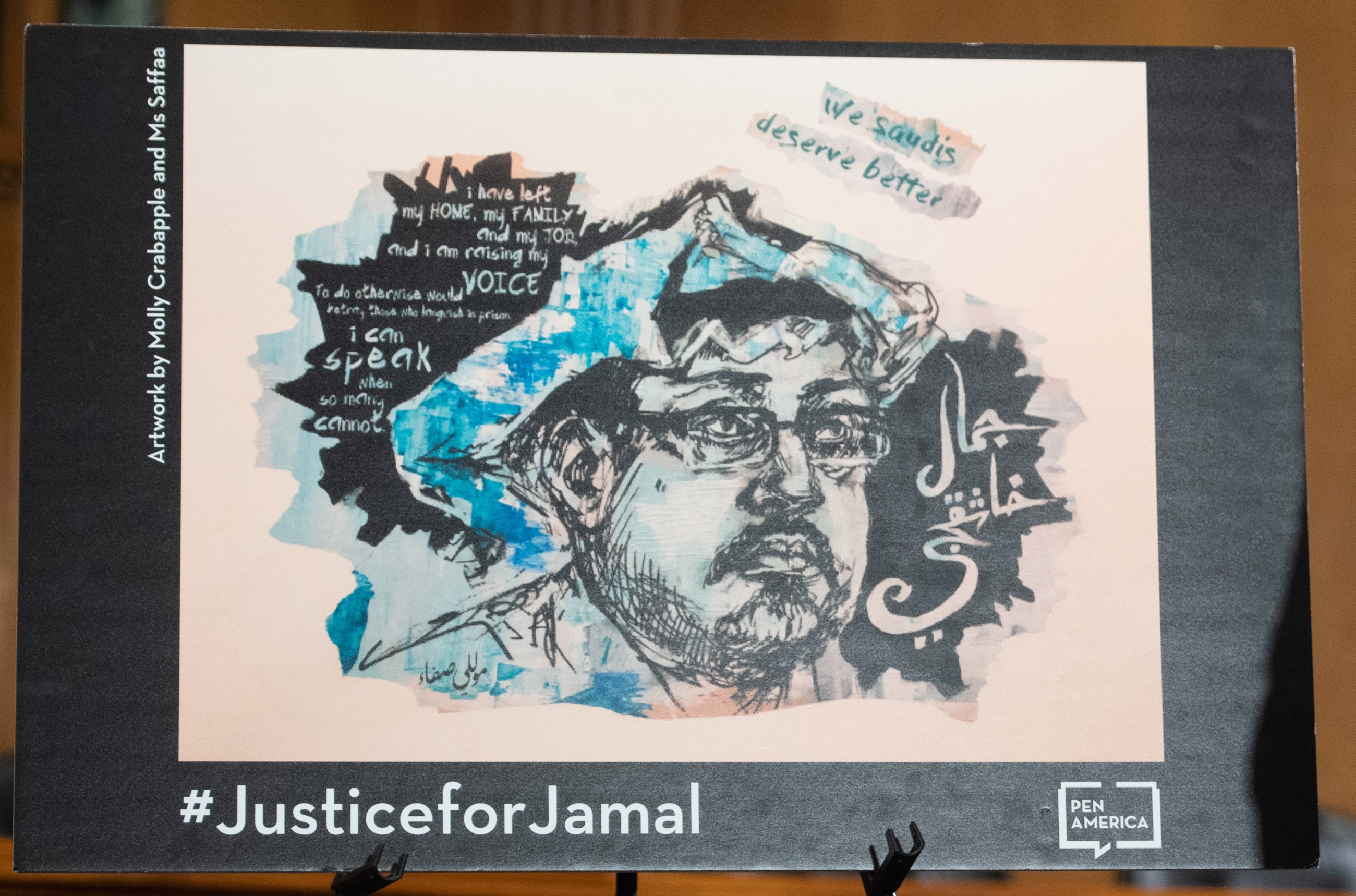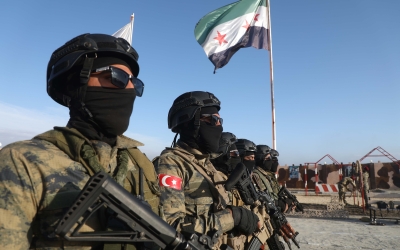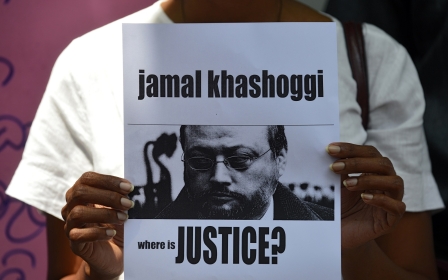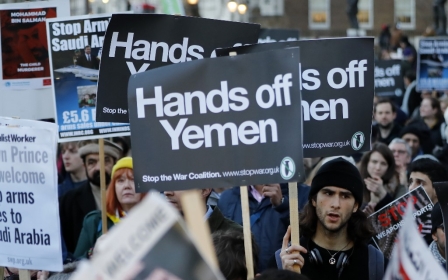Saudi Arabia and Iran among leaders of 'transnational repression', says watchdog

International watchdog Freedom House has accused Saudi Arabia, Iran and Turkey of interfering in the affairs of foreign countries and threatening the lives of their citizens living abroad.
In a report released on Wednesday, the US-based organisation tracked what it referred to as "transnational repression" - accounts of assassinations, assassination attempts, threats and renditions of citizens staying in foreign countries.
"Transnational repression is worthy of attention, first and foremost because of its impact on the rights of its victims," the report said.
"Acts of extreme violence like assassinations or renditions have ripple effects across a community, but constant digital intimidation and coercion by proxy also wear down their intended targets."
The group says there had been at least 608 cases of direct, physical transnational repression against victims in 79 host countries since 2014.
Riyadh targeting citizens abroad
The non-profit said Riyadh was best known for targeting its own citizens abroad, highlighting the killing of Saudi journalist Jamal Khashoggi, who was murdered at the Saudi consulate in Istanbul on 2 October 2018.
The report noted that the repression was linked specifically to Saudi Crown Prince Mohammed bin Salman, who after taking power in 2015 began a sweeping purge of the royal family.
Scores of the kingdom's economic and political elite were detained in 2017 at Riyadh's Ritz-Carlton Hotel in a crackdown that unsettled some foreign investors.
Saad al-Jabri, a former intelligence official, has filed a lawsuit against bin Salman, also known as MBS, accusing the crown prince of ordering a 50-man hit squad to assassinate him while living in self-imposed exile in Canada.
Of the 10 cases of Saudi transnational repression studied by Freedom House, five were carried out against former state insiders, including Jabri.
On Iran, the group said that five assassinations or assassination attempts on Iranians abroad had been linked to Tehran's government since 2014.
The Islamic Republic had also used rendition as a means of repressing its citizens living in other countries.
"Despite its relative international isolation, the Iranian state is still able in some cases to use a combination of bilateral pressure and co-optation of other countries’ institutions to achieve detentions and deportations," the report said.
Last year, Reporters without Borders documented 200 Iranian journalists living abroad who were threatened. According to the media watchdog, 50 of those were death threats.
Turkey's crackdown
The report said 3.5 million people around the world had been attacked directly or through "secondary tactics of intimidation and coercion". These attacks send ripple effects throughout diaspora communities.
Freedom House said that "no other country has conducted such a large number of renditions" from as many host countries as Turkey.
The organisation found a total of 58 renditions had been conducted by the Turkish government since 2014.
It also found that repression had increased since a failed coup attempt on 15 July 2016, in which coup plotters killed more than 250 people in an attempt to take power in Ankara.
Much of the subsequent crackdown was aimed at the Gulen movement, led by US-based cleric Fethullah Gulen, who the government blames for orchestrating the coup attempt.
Ankara has called on the US to extradite Gulen to Ankara, where he could face trial, but Washington has not answered that call.
Turkey's allies in the West have criticised the scale of the government's crackdown, but Ankara has defended its measures as a necessary reaction to the security threat it is facing.
Freedom House also accused Turkey of going after journalists, including Can Dundar, the former editor-in-chief of Cumhuriyet, a centre-left newspaper.
After fleeing to Germany in 2016, Dundar was last month sentenced in absentia to 27 years on terrorism-related charges.
Middle East Eye propose une couverture et une analyse indépendantes et incomparables du Moyen-Orient, de l’Afrique du Nord et d’autres régions du monde. Pour en savoir plus sur la reprise de ce contenu et les frais qui s’appliquent, veuillez remplir ce formulaire [en anglais]. Pour en savoir plus sur MEE, cliquez ici [en anglais].






